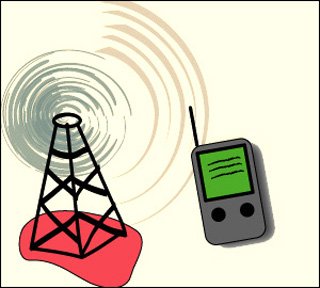Course Description
This course is the second of a two-term sequence with 6.450. The focus is on coding techniques for approaching the Shannon limit of additive white Gaussian noise (AWGN) channels, their performance analysis, and design principles. After a review of 6.450 and the Shannon limit for AWGN channels, the course begins by …
This course is the second of a two-term sequence with 6.450. The focus is on coding techniques for approaching the Shannon limit of additive white Gaussian noise (AWGN) channels, their performance analysis, and design principles. After a review of 6.450 and the Shannon limit for AWGN channels, the course begins by discussing small signal constellations, performance analysis and coding gain, and hard-decision and soft-decision decoding. It continues with binary linear block codes, Reed-Muller codes, finite fields, Reed-Solomon and BCH codes, binary linear convolutional codes, and the Viterbi algorithm.
More advanced topics include trellis representations of binary linear block codes and trellis-based decoding; codes on graphs; the sum-product and min-sum algorithms; the BCJR algorithm; turbo codes, LDPC codes and RA codes; and performance of LDPC codes with iterative decoding. Finally, the course addresses coding for the bandwidth-limited regime, including lattice codes, trellis-coded modulation, multilevel coding and shaping. If time permits, it covers equalization of linear Gaussian channels.
Course Info
Instructor
Departments
Learning Resource Types











